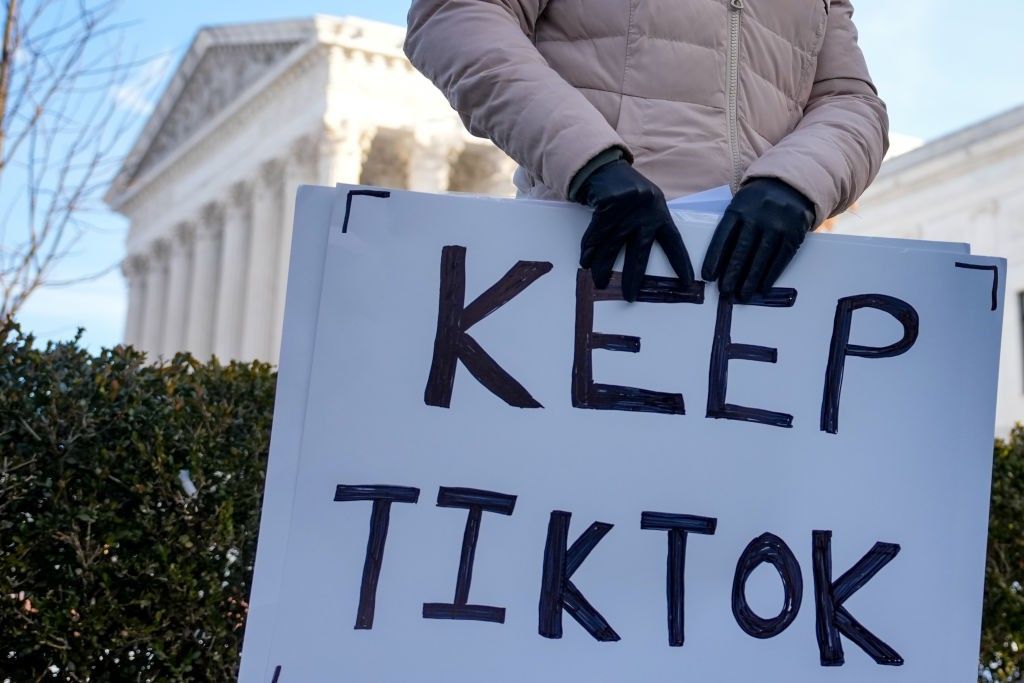“The consequences on the rail network are massive and serious,” he said in a post on X, adding that “our intelligence services and law enforcement are mobilized to find and punish the perpetrators of these criminal acts.”
France’s state-owned, national rail service SNCF said Friday that several “malicious acts” targeted three of its high-speed train lines, as some 250,000 people were expected to travel Friday and 800,000 during the weekend.
In an email to The Washington Post, it said it was the “victim of a massive attack to paralyze high-speed lines.”
“Arson attacks were started to damage our facilities,” SNCF said. Its Atlantic, Northern and Eastern high-speed lines were affected, it said, and it advised customers to postpone travel. SNCF, which said it also prevented another “malicious act” targeting the Southeast line, noted that some disruptions are expected to last until Monday.
“We have damage and intentional fires in pipes where a lot of cables pass, cables that are used for signaling,” Jean-Pierre Farandou, head of SNCF, told reporters. “They must be repaired, cable by cable. It’s very delicate work.”
Before railway traffic can resume, he said, all repaired signals will also need to be tested. “It takes time,” he said.
The Paris public prosecutor’s office said Friday that authorities are investigating “intentional damage caused to SNCF sites during the night of July 25 to 26.” The prosecutor’s office is looking into charges ranging from “damage to property affecting the fundamental interests of the nation” to “attacks on an automated data processing system.” Each of these potential charges could carry a long prison sentence.
Jean Castex, a former French prime minister and the current head of the Paris transport system, has ordered an “increased level of vigilance” across the capital region’s network. “We are deploying on all terrains,” he said, according to the French public broadcaster, with a particular focus “on the sensitive sites of our networks.”
The Eurostar trains, one of the principal transport lines from the United Kingdom to the European continent, also announced delays “due to coordinated acts of vandalism in France, affecting the high speed line between Paris and Lille” and listed trains arriving in France an hour and a half later than scheduled. It advised travelers to postpone their trips and said several trains have been canceled.
Officials said they were assessing the impact on travelers and athletes set to compete.
Transport Minister Patrice Vergriete strongly condemned what he called the “coordinated” acts. He told BFM TV that an investigation is underway but said the coordinated timing of the incidents suggested the fires were “criminal” in nature.
“At this stage, it is probably one or several acts of vandalism, a kind of coordinated sabotage,” French Sports Minister Amélie Oudéa-Castéra told Le Parisien. “We will evaluate the impact for today, for travelers, the impact for the athletes and for this weekend.”
“Shame on the vandals,” Tourism Minister Olivia Grégoire said, noting the impact on families leaving on summer vacation and the timing hours before the Opening Ceremonies of the Olympic Games.
The SNCF said its teams were “on site” to ascertain the problem and begin repairs. It said that “some trains are diverted, a large number of trains are canceled.”
A Paris Olympics spokesperson said in an email that it has “taken note” of the incidents, adding, “We are working closely with our partner, the rail operator SNCF, to assess the situation.”
Attal thanked “firefighters who intervened on the affected sites” and “the SNCF agents who will carry out the necessary work to restore the network” — as well as impacted travelers for “their patience, their understanding and the civic-mindedness they demonstrate.”
Valérie Pécresse, president of the regional council of the Île-de-France region, called the incidents “coordinated sabotage” and “an attempt to destabilize just as we launch the Olympic Games.”
Speaking to BFM TV, Pécresse said the incidents are “not a coincidence” but rather a “massive and coordinated attack.”
France and other European countries have seen suspected arson attacks on their railway systems before, usually attributed to criminals and at times to political activists, though the scale of this incident and timing with the Olympic Games put these latest incidents in a whole new light.
Security has been a major priority in the run-up to the Paris Games, with most preparations kept under wraps but plans announced for the deployment of 15,000 soldiers, 35,000 police and 22,000 private contractors working in and around the stadiums and sports facilities.
The main security concern was expected to be some kind of terrorist attack, as happened in Paris in 2015 or Nice in 2016, but there are also fears of cyberattacks. France’s cybersecurity agency was quick to issue a statement Friday that the train disruptions did not have a cyber element.
There has been added worry over reports that Russia has been paying amateur saboteurs to carry out operations throughout Europe. On Tuesday, French police detained a Russian national in connection with a suspected plot to cause “destabilization” during the Games, prosecutors said.
The tensions in the Middle East have been a major factor for security considerations at the Games as well, with armed guards escorting the Israelis into their first soccer match against Mali on Wednesday amid protests over the war in Gaza. There have also been online threats against the Israeli team, evoking memories of the terrorist attack that killed Israeli athletes at the 1972 Munich Games. There have also been bomb scares and false alarms.
Friday’s arson attack so far seems to have had a lesser effect on the Olympic Games than the Parisians seeking to escape their city ahead of the Opening Ceremonies and begin the much hallowed national tradition of August holidays.
Eloise Lecat sat on the floor of Gare Montparnasse, the Paris train station most affected by the disruptions, with her giant suitcase and her 3-year-old daughter, Léonie, on the floor in front of her.
They were heading to Pays Basque to visit Eloise’s mother for August vacation — which coincides with the Olympic Games this year. But their 10:15 a.m. train was canceled due to the overnight disruptions, so Lecat was frantically searching for other transport options — bus, car or anything to get them out of Paris. Léonie was eager to see her cousins, she said. “We will look for a good solution and see what happens,” Lecat said.
Claire Parker and Paul Schemm contributed to this report.





















Discussion about this post